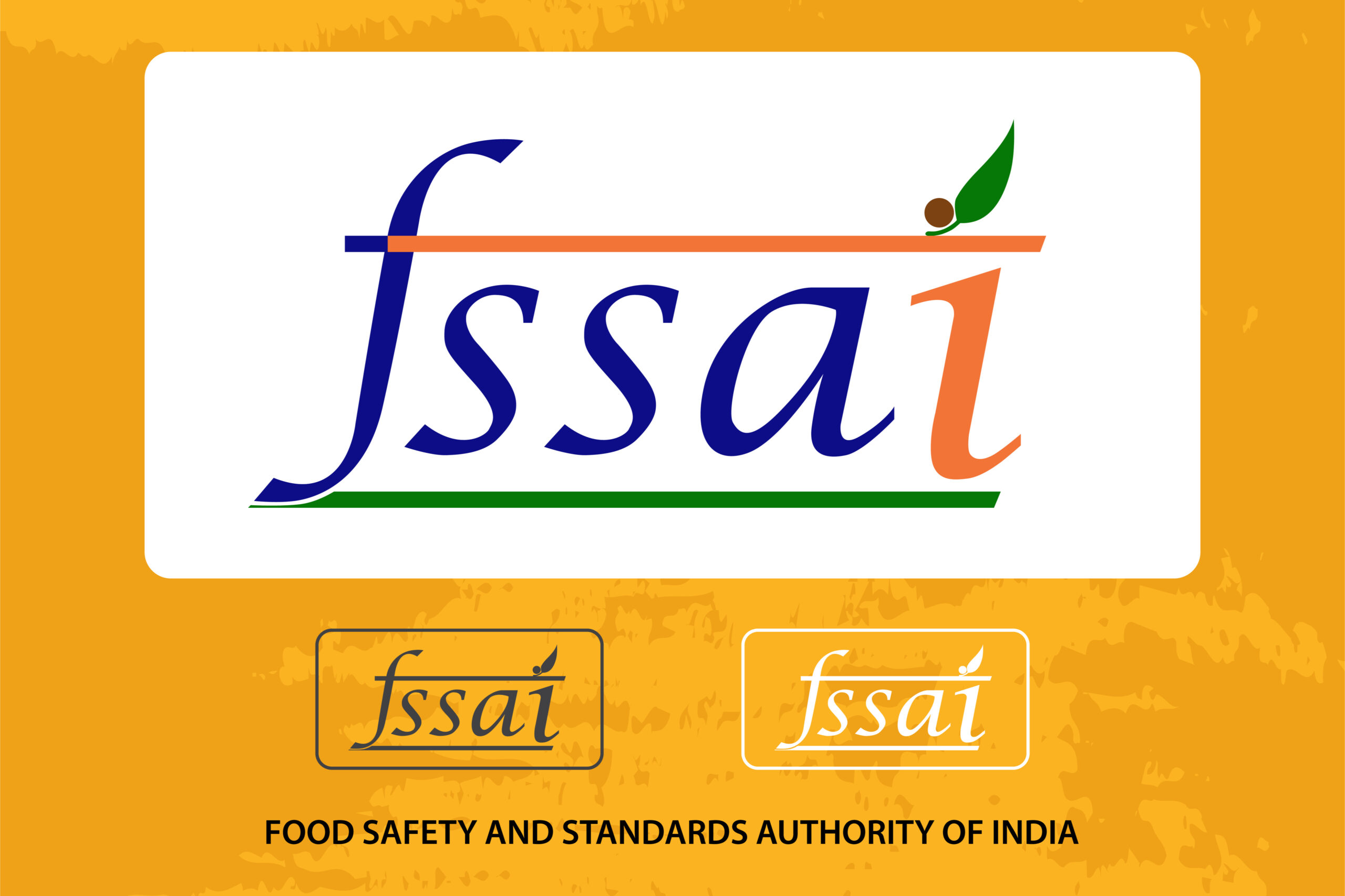Isn’t it amazing that India is the largest exporter of spices in the world? Concerning the health of the world at large, the FSSAI has laid some regulations for spice industries. Let us understand them all.
Traditionally India is known for its spices. Indian spices are world-famous digestive sources and appetizers. 75 of 109 varieties of spices listed by the International Organization for Standardization (ISO) are produced in India. The aroma, texture, and taste of Indian spices are well-known to the world.
Certain spices can be directly used, while some others need to be dehydrated, ground, or roasted. Spice companies buy spices from local markets and carry out the tasks of processing, marketing, and trading of these Indian spices. Those are then sold to the domestic as well as the global markets. FSSAI License is mandatory for spices to ensure their safety and quality.
Spice Exports from India
India has exported an estimated 1,028,060 tons of spices between April 2017 and March 2018. Chilly was the most exported spice during this period.
Thailand, Sri Lanka, the US, Saudi Arabia, UAE, Malaysia, and Germany are some of the large importers of spices produced in India.
Spices are natural products that can harbor microorganisms that pose serious health issues. To regulate such spice-related health issues the FSSAI has set up standards and guidelines to be complied with. It is mandatory that all spice companies, be it domestic players or international ones, should register or get an FSSAI license.
FSSAI Certifications for Spice Companies
- Basic registration: For companies with an annual turnover of less than ₹12 Lakh
- State FSSAI license: For companies with annual turnover between ₹12 Lakh to ₹20 Crore
- Central FSSAI license: For companies with an annual turnover of more than ₹20 Crore. All exporters are required to obtain a central license.
FSSAI Regulatory Standards for Some Spices
Cinnamon
The FSSAI standards say that cinnamon should be free from mould, insects, rodent contamination, and insect fragments. Its characteristics and flavors should be free from foreign mustiness. It should be free from harmful substances, foreign vegetable matter, and added colors. The cinnamon powder should be reddish-brown in colour.
Turmeric
The product shall be free from foreign flavours. Its rhizomes should be cured by soaking them in boiling water and then drying them so they do not regenerate. The rhizome needs to be in a machine-polished state or natural state. It must be free from lead chromate, and any other added colours. No moulds, living or dead insects, or rodent contamination should be there.
Ginger
The taste and flavor of ginger should be free from musty odor, rancidity, or bitter taste. The powder should not have added colors.
Businesses That Require FSSAI Registration Certificate
Some Other Regulations Traders Must Adhere to
- Water: Only potable water is to be used.
- Storage: Dry and ventilated storage is a must so that there is no formation of moulds. The storage unit must be of humidity that does not support the growth of moulds.
- Testing facility: An FSSAI accredited lab can test the product. Though an in-house food testing facility is preferred.
- Ventilation and quality of air: Air should not flow from contaminated to clean areas, as that would permeate the odour of the spices. Regular monitoring of the ventilation system is a must to check for insect ingress.
- Supply-side assessment: A risk assessment is a must for all spice suppliers. The cross-contamination of spices is possible because of their close cultivation. Raw materials need to be checked for any allergic presence.
- Suppliers code of conduct: A code of conduct needs to be signed by the supplier declaring that the spice business is being responsibly conducted by him/her.
- The FSSAI license mandatory for spices is necessary to protect the health and well-being of the consumers.
Conclusion
Dealing with food products is dealing with the health of the people of our entire country. Let Vakilsearch with its expert team on board, help you get fssai license along with proper documentation, and in a hassle-free manner.
Also, Read









